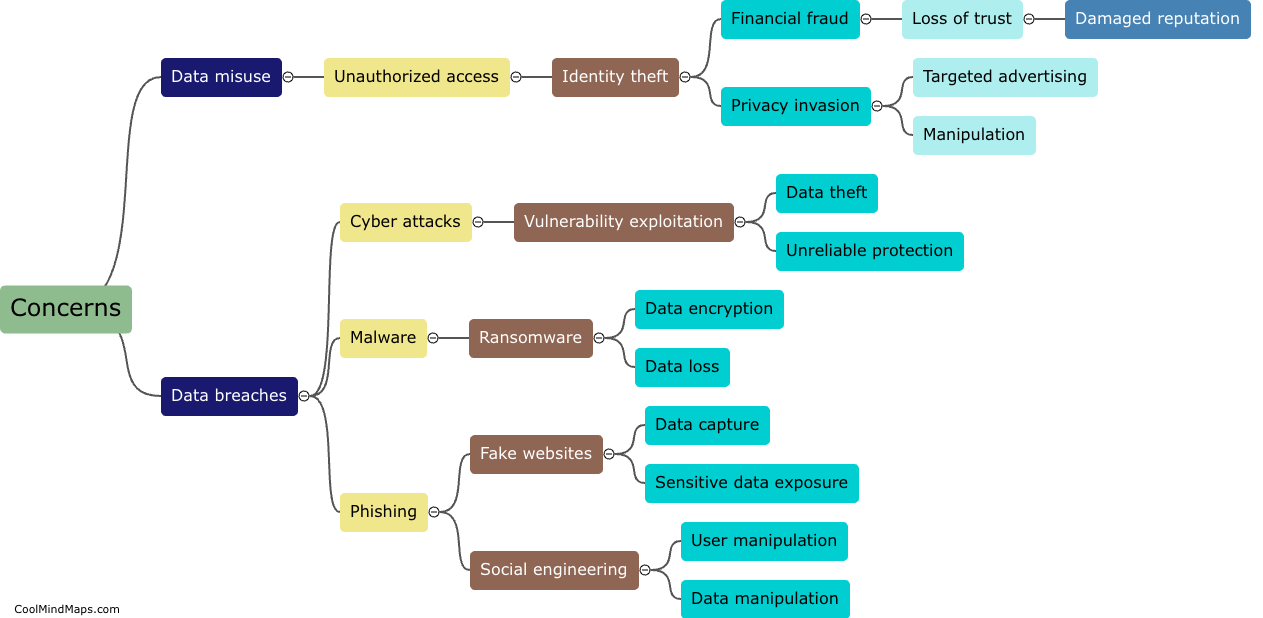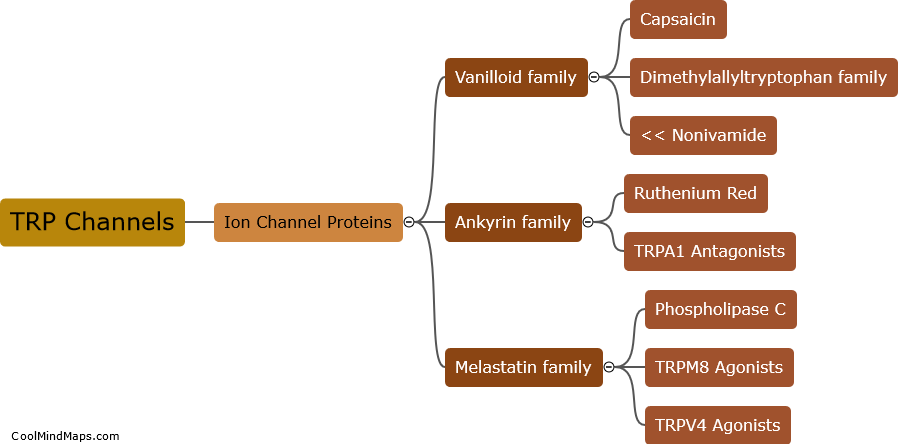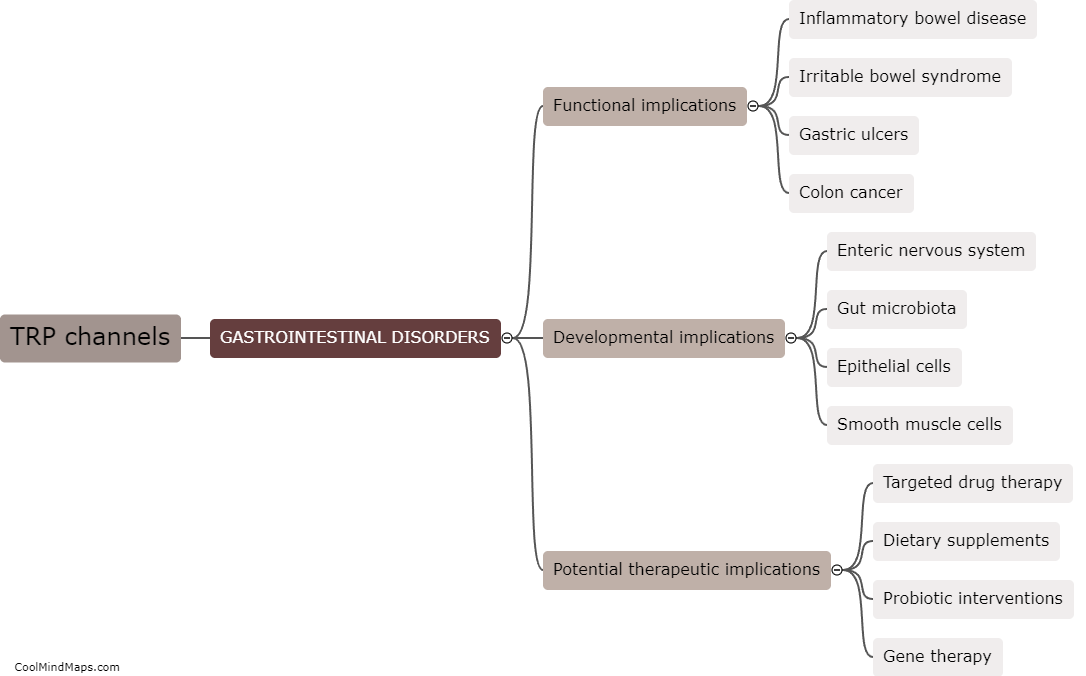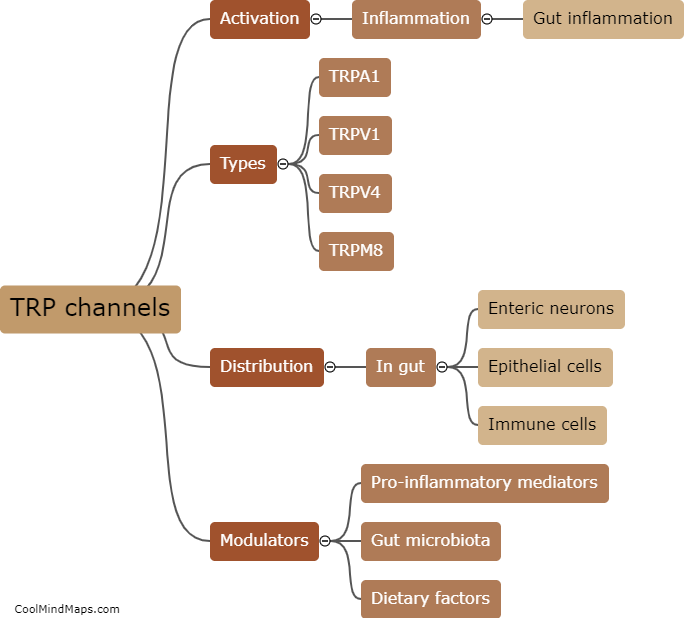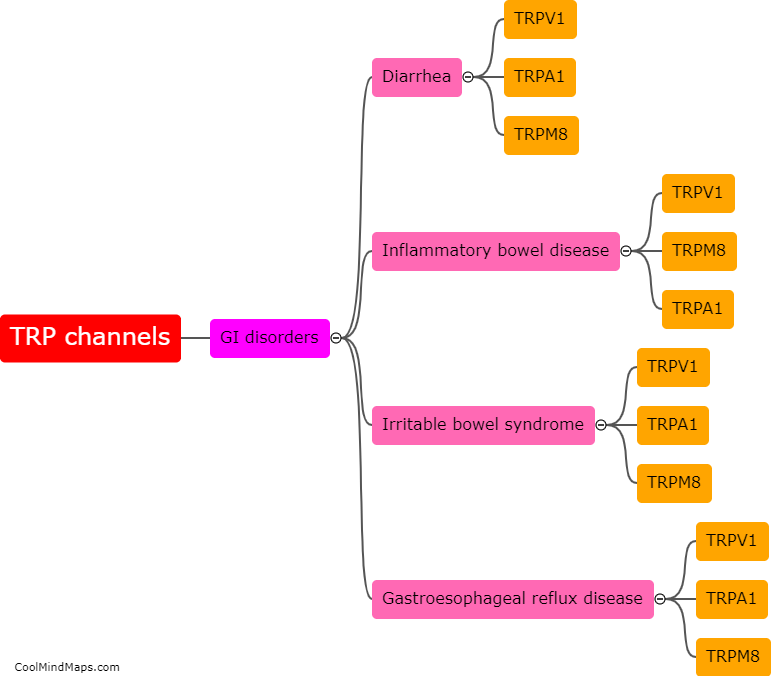What is gastrointestinal function?
Gastrointestinal function refers to the way the digestive system operates to break down food, absorb nutrients, and eliminate waste. This process starts in the mouth and ends with the excretion of waste through the rectum and anus. The digestive system includes several organs, including the esophagus, stomach, small intestine, large intestine, pancreas, liver, and gallbladder, all of which work together to help the body process food and extract nutrients. The smooth functioning of the gastrointestinal system is crucial for maintaining a healthy body, as any disruption can lead to various digestive issues and health problems.
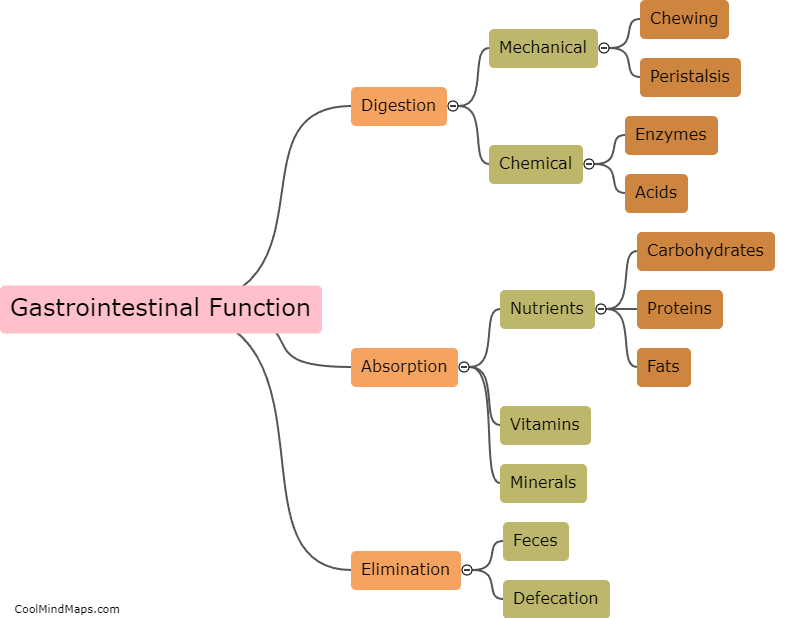
This mind map was published on 25 June 2023 and has been viewed 129 times.



